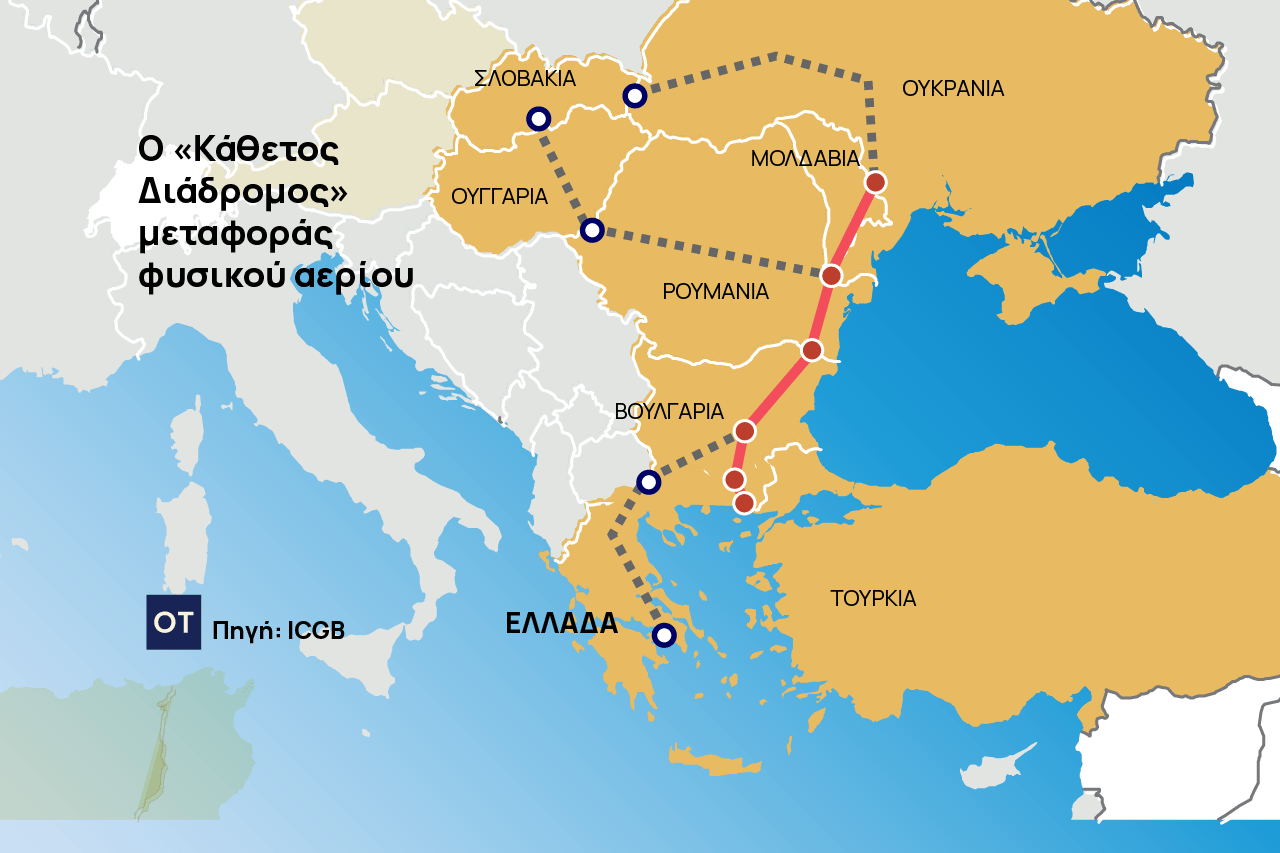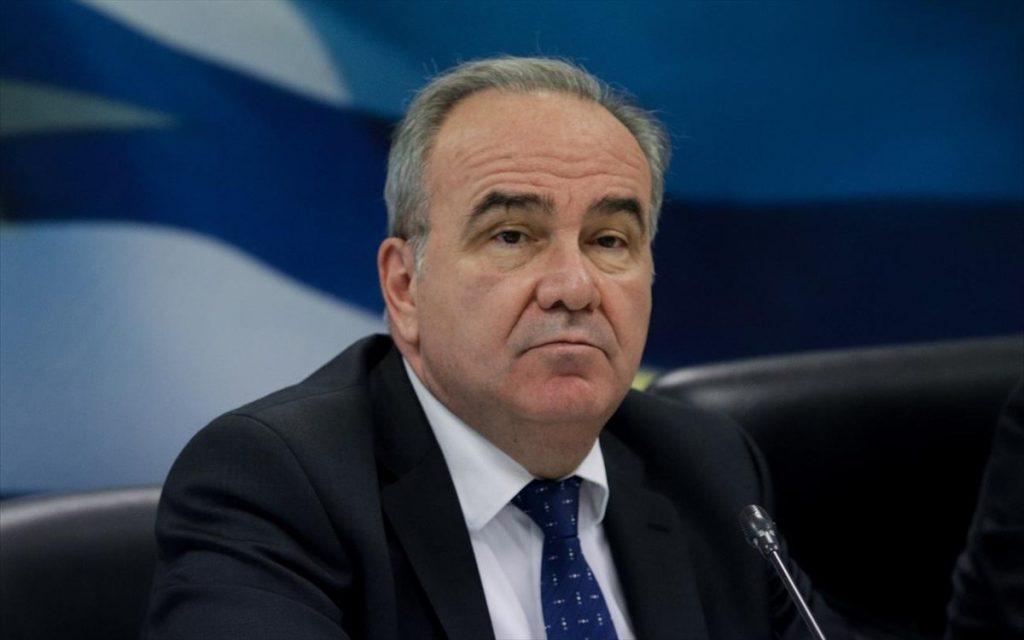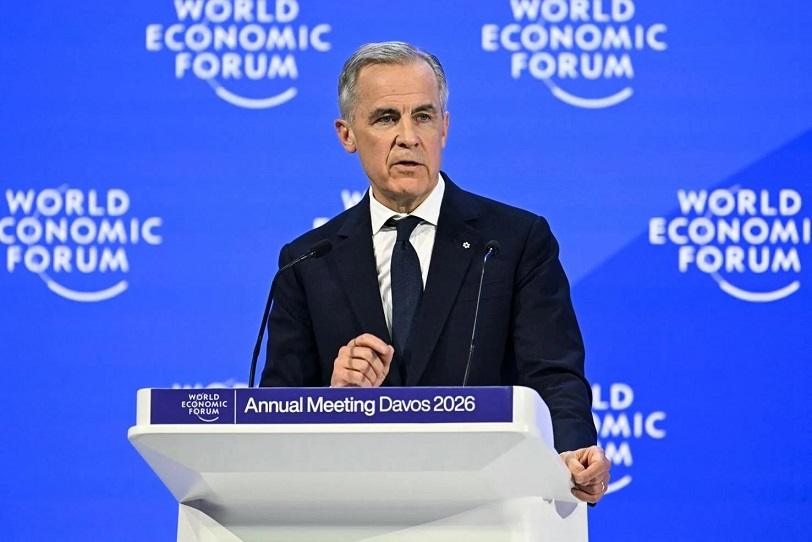There are waiting lists for short-term rental accommodation in Greece, mainly in Attica, as revealed by the processing of the latest data on Airbnb’s progress in Greece. The figures confirm the sharp increase in the rental of houses by the day or the month, as they have increased sixfold since 2015 in Athens, with the highest demand recorded by foreign tourists.
A report by the Center for Planning and Economic Research (KEPE) outlines the profile of the market and declares the Attica region as a champion, as it gathers the highest share of short-term rental accommodation in Greece, which are usually accommodation of less than 10 beds, with visitors coming mainly from countries of Europe. In the first places are the South Aegean, Crete, the Ionian Islands and Central Macedonia.
In Attica, accommodation takes place for the most part in the Central Sector of Athens, followed by Eastern Attica, Piraeus – Islands and the South Sector of Athens. Most of the accommodation in short-term rental concerns visitors of international origin, who absorb a larger share of the relevant services in Greece compared to the corresponding proportion in the EU. The majority of visitors to short-term rental come from EU countries, followed by the rest European countries and America.
Country shares
In terms of the shares of member countries in the overall figures of accommodation in short-term rental accommodation in the EU-27, ten countries, including Greece, together accounted for more than 85% of overnight stays during the three-year period 2018-2020. According to KEPE, and Eurostat data, of the ten countries, five were Mediterranean (France, Spain, Italy, Portugal, Greece) and had accumulated a share of 65.7% and 62.8% of the total overnight stays in 2019 and in 2020, respectively.
Demand is also high, as according to the latest data from the company AirDNA, Greece this year came in third place, registering a double-digit increase compared to 2019, regarding the number of nights spent in Airbnb-style accommodation. Greece recorded an increase of 33.2% in November, compared to 2019. The largest increase compared to 2019 was recorded by France (53.3%), followed by Germany (37.9%). As for average daily prices, they moved upwards in 17 of the 20 countries over the past year. Greece, Finland, Austria and Switzerland recorded a decrease of 12.2%, 8.2%, 1.3% and 0.9% respectively, while the Czech Republic (35.6%), on the other hand, recorded a double-digit growth rate, with Croatia (25.1%) and Denmark (11.7%) lower.
The two main factors that contributed to the development of short-term rentals in Greece, according to KEPE, were the large stock of vacant homes, low market prices and large flows of tourists on an annual basis.

Hotels
In Greece, according to KEPE, accommodation in short-term rentals generally shows a stronger seasonality than in the EU as a whole, with the months of July and August, when traditionally the use of tourist accommodation shows the highest frequency, gathering a high share of of total overnight stays.
Compared to the hotel sector, seasonality in short-term leasing appears relatively more pronounced, while significant differences are also observed between the wider regions and cities of Greece. The lowest degree of seasonality in short-term rental occurs in the region of Attica and in the two largest cities of Greece (Athens, Thessaloniki).
A recent study prepared by the Institute of Tourism Research and Forecasting highlights the rapid growth rates recorded by the short-term rental market in recent years. Almost half of the beds, i.e. about 43% in Athens, belong to non-hotel accommodation. Over 90% concern Airbnb-type accommodations, while 57% concern purely hotel beds.
From 2015-2022, short-term rental rooms and beds have grown by 374% and 377%, respectively, while hotel rooms and beds have grown by just 11% and 12%. In September 2022, 12,165 Airbnb-type accommodations were operating in Athens, while in July 2015, approximately 2,116 were operating. That is, Airbnb accommodations in Athens increased by approximately 475%. Hotel units have increased by about 25%.







































![Ελβετικό φράγκο: Τα SOS για να ρυθμίσετε το δάνειο – Τα κριτήρια [πίνακες]](https://www.ot.gr/wp-content/uploads/2026/02/ot_elvetiko_fragko2-1.jpg)

